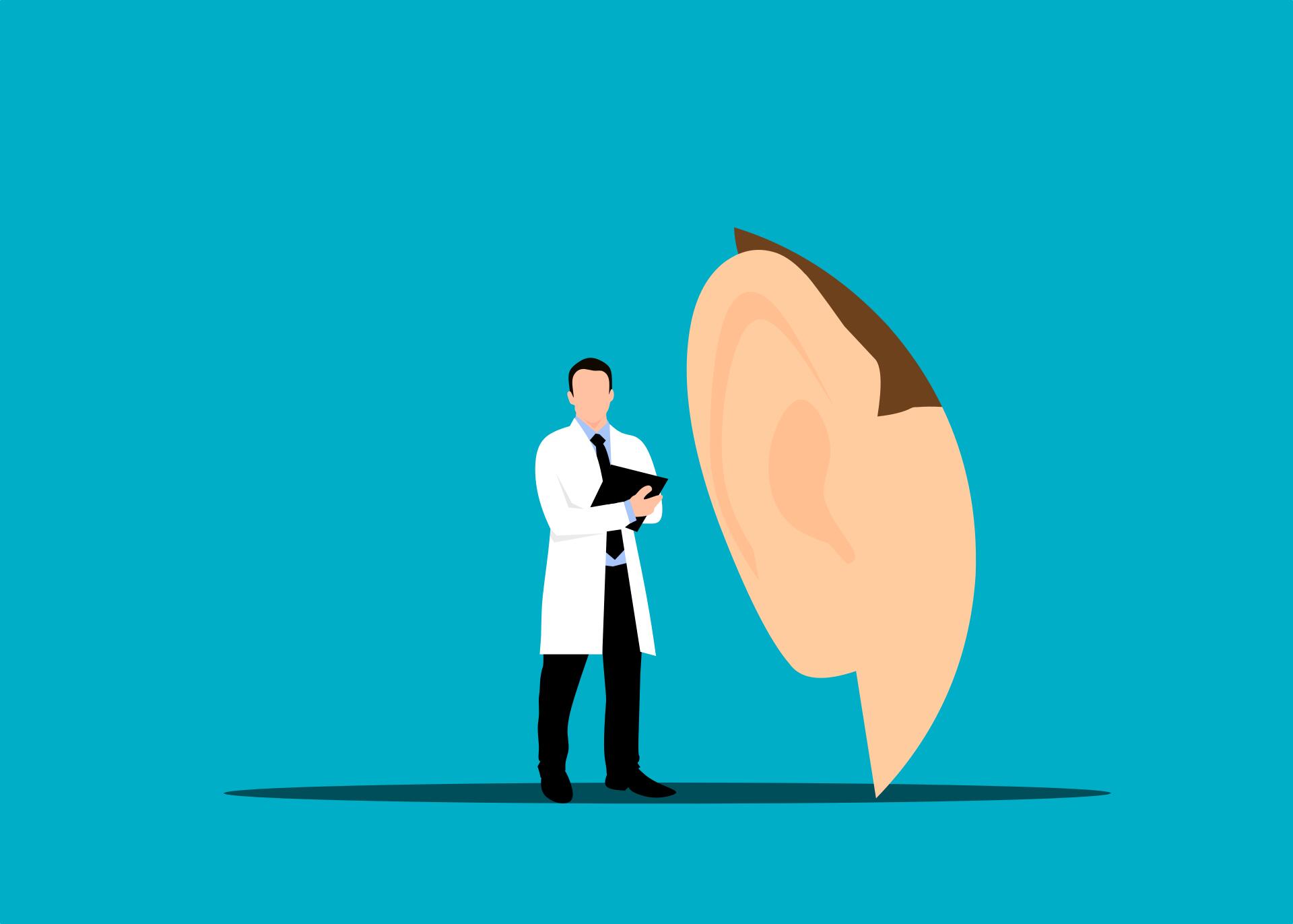
Can Mounjaro Cause Hair Loss? Uncover the Facts

Revolutionary medications like Mounjaro are changing the way people think about weight loss. According to recent data, people lost more than 18% of their weight on average while taking Mounjaro.
Using this type of medication is generally safe, but it can come with certain side effects, including stomach issues and others.
But can Mounjaro cause hair loss? Read on to learn more about some of the side effects of Mounjaro and whether hair loss is something to be concerned about.
Mounjaro Side Effects
The side effects of taking Mounjaro range from mild to severe. How intensely a person taking this GLP-1 medication experiences those side effects will vary from person to person.
Some of the most common mild Mounjaro side effects include nausea, diarrhea, vomiting, and constipation. Some people may also experience gas and indigestion, abdominal pain, acid reflux, and mild abdominal swelling. Others may notice a mild reaction like redness or itching at the injection site or a mild allergic reaction to the medication.
More severe side effects of Mounjaro include gallbladder problems and pancreatitis. Severe digestive issues that may lead to acute kidney injury have also been reported. Some patients are also at risk of thyroid cancer, which is why it’s crucial to talk to your doctor before starting Mounjaro.
Most of the side effects that people experience on this medication are mild and last for a few days to a few weeks. If side effects last longer than that or become severe, it’s best to talk to a healthcare professional immediately.
Can Mounjaro Cause Hair Loss?
Some people who take Mounjaro have reported that they’ve experienced hair loss. So, can Mounjaro cause hair loss directly, or is it a result of something else?
According to health experts, the risk of hair loss while taking Mounjaro is low. However, people who experience rapid weight loss undergo physical stress, which may be why some people deal with hair loss at the same time they take Mounjaro. It’s believed that this is a result of the weight loss and not the medication itself.
This form of physical stress may cause the hair follicles to enter what’s known as a resting and shedding phase (AKA the “telogen” phase). The scientific term for this is telogen effluvium. It typically begins approximately three months after patients experience significant weight loss.
There may be other reasons for hair loss, too, including nutritional deficiencies or hormonal changes. Smoking and changes in metabolism may also contribute to hair loss.
Hair loss is not listed as an official side effect on the packaging for Mounjaro. A clinical study conducted in 2022 found that hair loss occurred in between 4.9% and 5.7% of people who were taking the 5 mg to 15 mg dose of Mounjaro. That number was compared to just 0.9% of people reporting hair loss who were taking a placebo.
Other Causes of Hair Loss
Hair loss reasons vary based on an individual’s age, health condition, and lifestyle. Hair goes through natural cycles of growth, transformation, and rest that may lead to mild or moderate hair shedding.
People with telogen effluvium are usually dealing with a stressful change in the body which sends more of the hair follicles into the resting and shedding phase. Many people lose around 300 hairs per day instead of the average of 50 to 100 hairs per day, making it much more noticeable.
If you’re losing weight from taking Mounjaro, you might notice hair loss during the second or third month after you start seeing rapid weight loss. However, researchers know that hair loss can also be caused by a variety of other triggers.
These triggers might include a serious infection, debilitating illness, or a chronic health issue. Major physical trauma and childbirth can also cause temporary hair loss.
Even things like undergoing major surgery or having a high fever can cause telogen effluvium. People deficient in nutrients like vitamin D, iron, or zinc can also deal with hair loss.
Low caloric intake and low protein diets may also contribute to hair loss. Since you’re likely eating less while taking Mounjaro, it may be linked to a low-calorie diet.
How to Prevent Hair Loss
In most cases, any hair loss you experience while taking Mounjaro is temporary. Your hair should start growing back after a few months on the medication.
Fortunately, there are other things you can do to slow down or even prevent hair loss. First, make sure that you’re eating a diet high in protein, a building block of hair follicles. If you need advice, a licensed nutritionist or dietician can help you come up with a viable eating plan.
Living a healthy lifestyle may also help to prevent hair loss. Make sure you’re getting plenty of sleep each night and try to reduce stress as much as possible.
Avoid tugging on your hair, brushing your hair too hard, or using styling tools to help slow down any shedding. It’s also a good idea to switch to a gentle shampoo or conditioner without harsh chemicals. Look for products that contain natural ingredients without added fragrance.
Supplements may also help to slow down or prevent hair loss. Ask your doctor about any additional supplements you can add to your daily routine. Biotin, collagen, zinc, Vitamin D, and B vitamins are good options that can help with thinning hair or hair loss.
If you don’t notice a reduction in shedding after several months, you might consider trying one of many different hair regrowth treatments available. Some of these treatments are store-bought and others are only available via prescription. Talk to your doctor to find out which options might be the best ones for you.
Discover Your Weight Loss Solution Today
Can Mounjaro cause hair loss? The answer depends on how rapidly you’re losing weight and other factors we mentioned above. While there’s no direct correlation between Mounjaro and hair loss, you can take steps to prevent it or slow it down while taking the medication.
Since 2005, Kiwi Drug has built up great relationships with our drug manufacturers. If you’re interested in learning more about Mounjaro or have any questions, contact us today.
Related Posts


